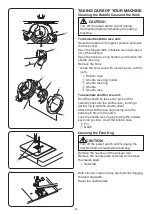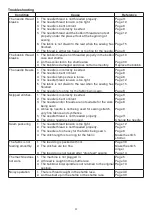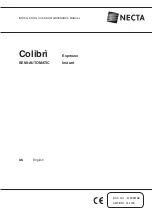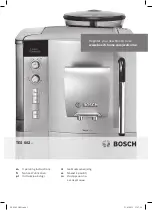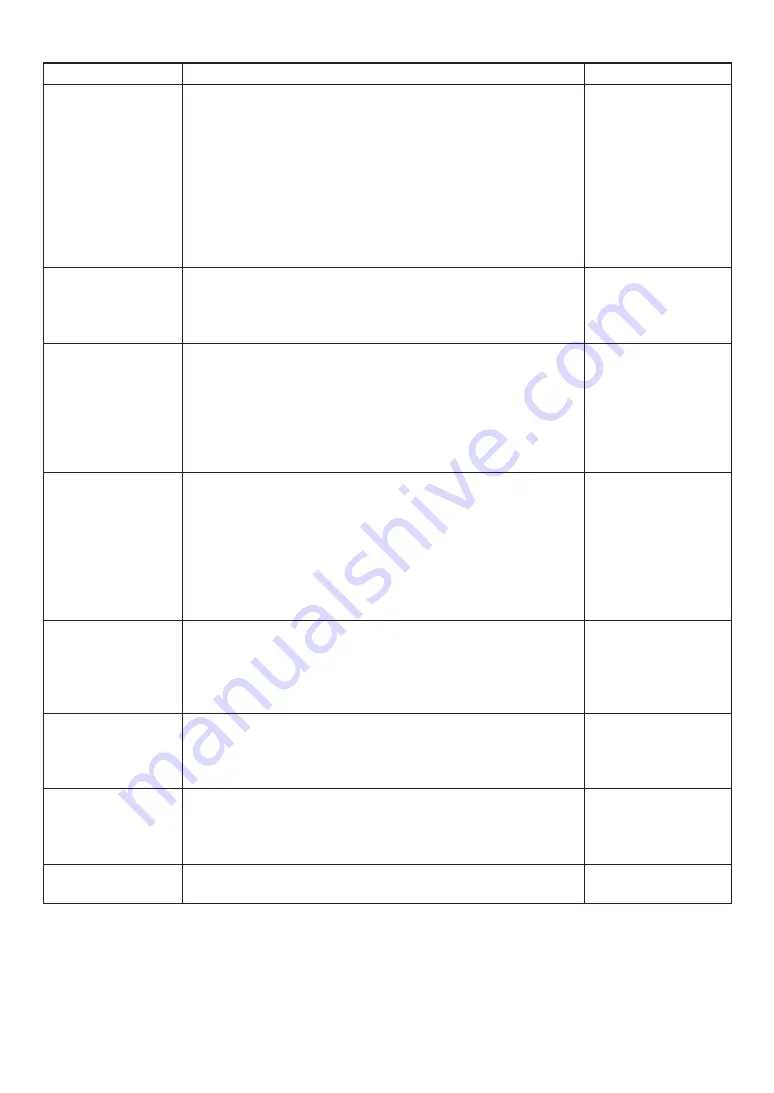
31
Condition
Cause
Reference
The needle thread
breaks.
1. The needle thread is not threaded properly.
2. The needle thread tension is too tight.
3. The needle is bent or blunt.
4. The needle is incorrectly inserted.
5. The needle thread and the bobbin thread are not set
properly under the presser foot at the beginning of
sewing.
6. The fabric is not drawn to the rear when the sewing has
finished.
7. The thread is either too heavy or too fine for the needle.
Page 11
Page 12
Page 8
Page 8
Page 12
Page 15
Page 8
The bobbin thread
breaks.
1. The bobbin thread is not threaded properly in the bobbin
case and shuttle.
2. Lint has collected in the shuttle area.
3. The bobbin is damaged and does not turn smoothly.
Page 10
Page 30
Replace the bobbin.
The needle breaks. 1. The needle is incorrectly inserted.
2. The needle is bent or blunt.
3. The needle clamp screw is loose.
4. The needle thread tension is too tight.
5. The fabric is not drawn to the rear when the sewing has
finished.
6. The needle is too fine for the fabric being sewn.
Page 8
Page 8
Page 8
Page 12
Page 15
Page 8
Skipped stitches.
1. The needle is incorrectly inserted.
2. The needle is bent or blunt.
3. The needle and/or threads are not suitable for the work
being sewn.
4. A blue tip needle is not being used for sewing stretch,
very fine fabrics and synthetics.
5. The needle thread is not threaded properly.
6. The wrong needle is being used.
Page 8
Page 8
Page 8
Page 8
Page 11
Change the needle
Seam puckering
1. The needle thread tension is too tight.
2. The needle thread is not threaded properly.
3. The needle is too heavy for the fabric being sewn.
4. The stitch length is too long for the fabric.
Page 12
Page 11
Page 8
Make the stitch
shorter.
The fabric is not
feeding smoothly.
1. The feed dog is packed with lint.
2. The stitches are too fine.
3. The feed dog is not raised after “drop feed” sewing.
Page 30
Make the stitch
longer.
Page 14
The machine does
not work.
1. The machine is not plugged in.
2. A thread is caught in the shuttle race.
3. The bobbin winder spindle is not returned to the original
position.
Page 5
Page 30
Page 10
Noisy operation
1. There is thread caught in the shuttle race.
2. Lint has built up in the shuttle or the shuttle race.
Page 30
Page 30
Troubleshooting
Summary of Contents for HD523
Page 1: ...INSTRUCTION MANUAL...
Page 2: ......
Page 34: ...32 This page is left intentionally blank...
Page 35: ......
Page 36: ...312 XXX XXX PL...














